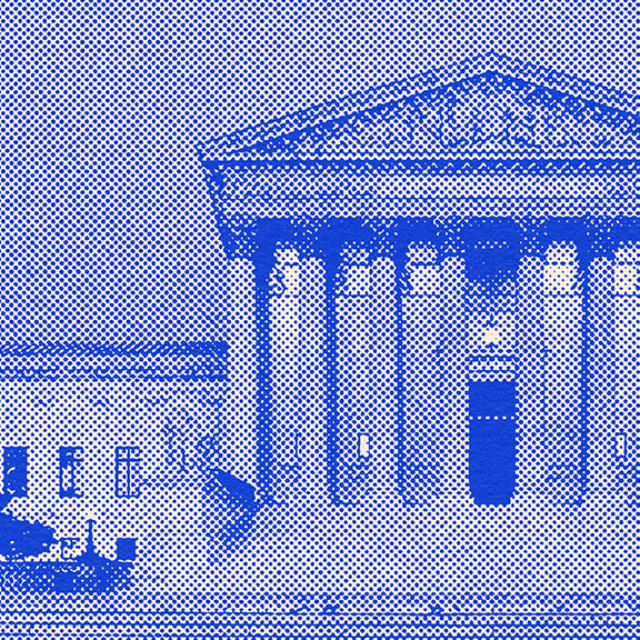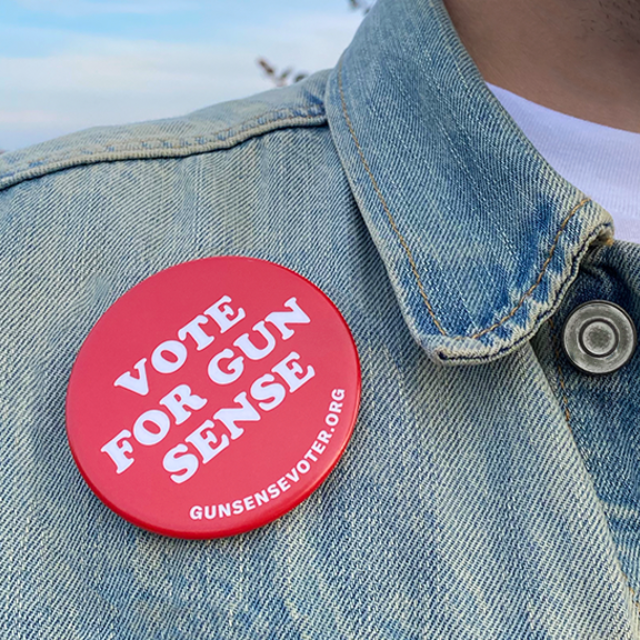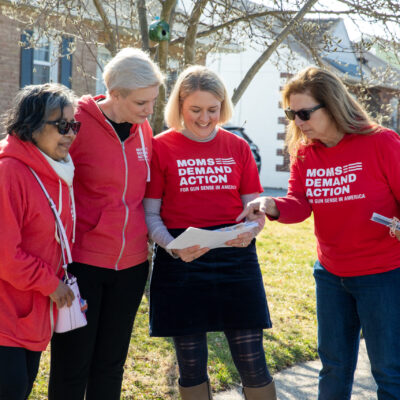The Latest

You Asked, He Answered: Everytown’s President John Feinblatt Answers Your Top Questions
Q&A

What Is CVI? An In-Depth Look at Community Violence Intervention
Q&A

The Supreme Court Upholds Life-Saving Ghost Gun Rule in Bondi v. VanDerStok. Here’s What You Need to Know.
Q&A

Voter Guide: What To Know Before Election Day
Action Guide




